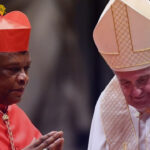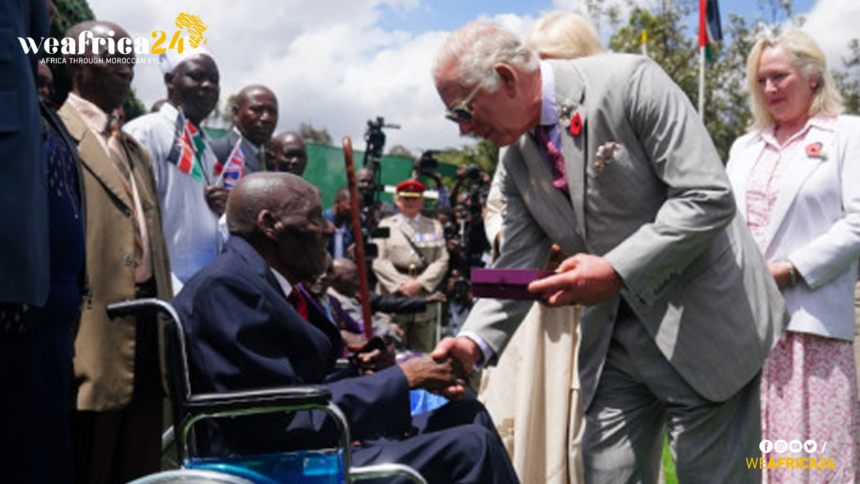King Charles III embarked on a significant journey of reconciliation during his state visit to Kenya. While acknowledging the painful colonial-era abuses that occurred under Britain’s rule in East Africa, the King aimed to deepen his understanding of the wrongs committed during a four-day visit with Queen Camilla. Their mission extended beyond historical reckonings to forging a “modern partnership of equals” capable of confronting present-day challenges.
Although King Charles expressed deep sorrow and regret on his first day in Nairobi, he fell short of issuing an official apology. He asserted, “The wrongdoings of the past are a cause of the greatest sorrow and the deepest regret,” emphasizing that the acts of violence against Kenyans during their struggle for independence were “abhorrent and unjustifiable.”
The King underscored the importance of addressing this history with honesty and openness, striving to strengthen the bonds of friendship between the two nations in the present and for the years to come. This visit is a historic one, marking King Charles’s first tour of an African and Commonwealth nation since ascending to the throne after the passing of Queen Elizabeth II last year.
Wednesday’s agenda featured a visit to a war cemetery in Nairobi, where King Charles and Queen Camilla paid tribute to African soldiers who served Britain in two world wars. They laid wreaths at their graves and engaged with Kenyan veterans, many of whom were in wheelchairs. The King expressed his desire to do something special for these veterans, as part of a British initiative to acknowledge the contribution of non-European forces to the war effort.
One poignant moment during the visit was when a Kenyan veteran named Samweli Mburia, who claimed to be over 100 years old, received a medal from King Charles. Mburia revealed that he had originally received a medal during the colonial rule but had disposed of it out of fear of retribution from independence fighters.
A notable historical location that was part of the royal visit was Uhuru Gardens, where King Charles and Kenyan President William Ruto laid a wreath at the Tomb of the Unknown Warrior. This site holds immense historical significance, as it was here that Kenya declared its independence on December 12, 1963, replacing the Union flag with the national flag. However, the gardens stand on the grounds of a former camp where British colonial authorities detained suspected Mau Mau guerrillas during the suppression of their 1952-1960 uprising.







